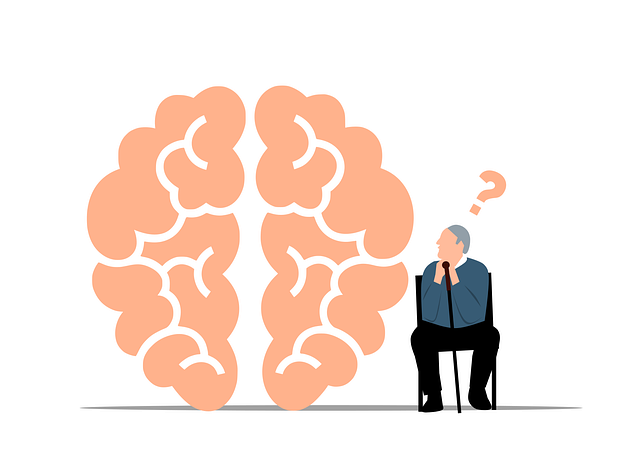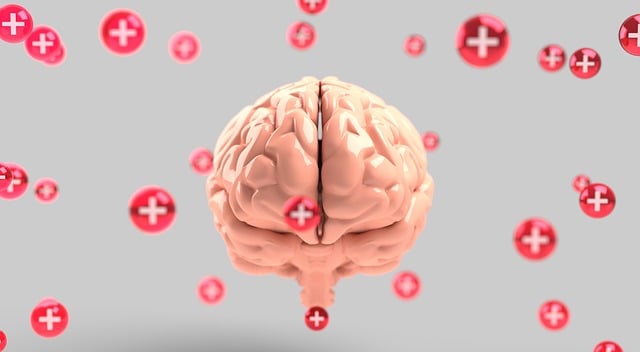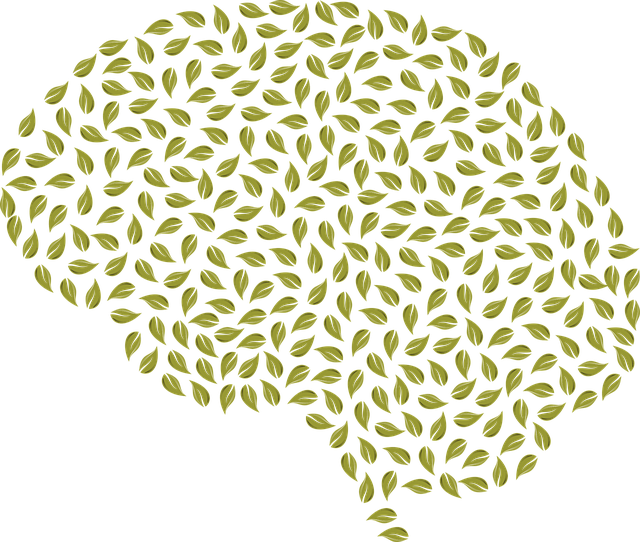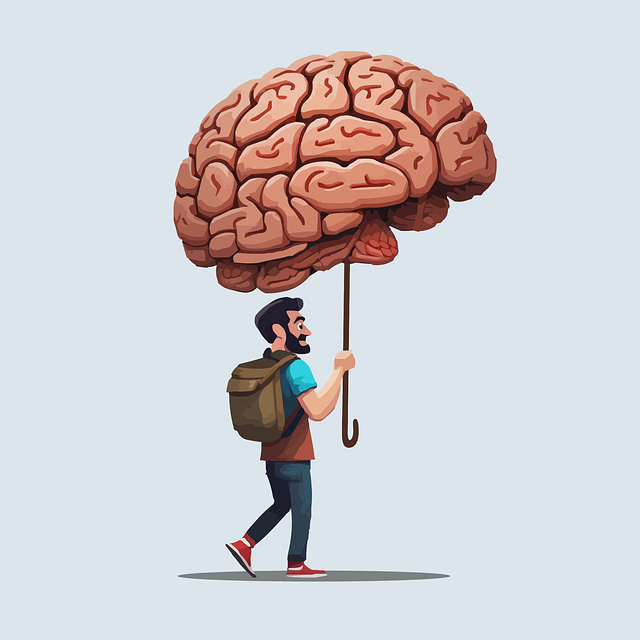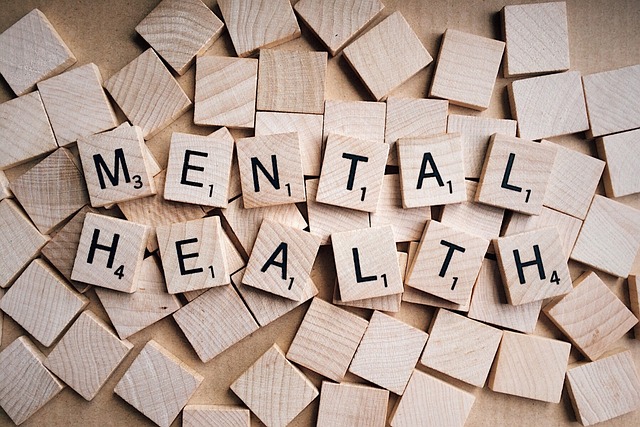Cultural competency in healthcare is vital for improving care quality among elderly populations. Understanding diverse backgrounds and beliefs shapes health perspectives, especially in addressing mental wellness through nuanced therapy approaches that consider cultural contexts. Emotional intelligence builds trust and opens communication, enabling personalized support aligned with seniors' cultural identities. Biases in healthcare can lead to misdiagnoses and substandard treatment plans, particularly for mental health issues, emphasizing the need for targeted training on cultural competency and implicit bias recognition. Effective communication strategies, crisis intervention guidance tailored to age groups and cultural norms, and building empathy enhance patient-provider relationships and outcomes, significantly improving therapy for elders' parenting skills and overall well-being.
“Healthcare provider cultural competency training is an essential aspect of modern medical practice, especially when caring for elderly patients. This article delves into the critical role of cultural understanding in healthcare, exploring various dimensions such as communication strategies and empathy-building. We examine how unconscious biases impact elderly patients’ care and offer practical solutions to enhance therapeutic outcomes. Furthermore, we discuss specific techniques to improve parenting skills through cultural awareness in elderly therapy, ensuring compassionate and effective patient interactions.”
- Understanding Cultural Competency in Healthcare for Elders
- The Impact of Cultural Biases on Elderly Patients' Care
- Effective Communication Strategies for Healthcare Providers
- Building Empathy: A Key Component of Cultural Competent Care
- Enhancing Parenting Skills Through Cultural Awareness in Elderly Therapy
Understanding Cultural Competency in Healthcare for Elders

Cultural competency in healthcare is an essential aspect when providing services to elderly populations. Understanding and appreciating cultural differences can significantly enhance the quality of care for seniors. Many older adults have unique backgrounds, beliefs, and traditions that shape their health perspectives and preferences. Healthcare providers who are culturally competent recognize these variations and tailor their approaches accordingly.
For instance, when addressing mental wellness among elders, a nuanced understanding is required. The Mental Wellness Podcast Series Production highlights the importance of considering cultural contexts in therapy for seniors, as different communities may have distinct views on mental health and coping mechanisms. Emotional intelligence plays a pivotal role here, allowing caregivers to build trust and foster open communication. By embracing diverse practices and promoting positive thinking, healthcare professionals can create an inclusive environment, ensuring elders receive personalized support that resonates with their cultural identities.
The Impact of Cultural Biases on Elderly Patients' Care

Cultural biases can significantly impact the quality of care provided to elderly patients, often leading to misdiagnoses and inadequate treatment plans. Healthcare professionals with implicit biases may unconsciously stereotype older adults, assuming they are less capable or less likely to experience certain conditions based on age and cultural backgrounds. This can result in delayed or neglected healthcare needs, especially when it comes to mental health issues that are more prevalent among the elderly population. For instance, elders from diverse cultures might express physical pain differently than their Caucasian counterparts, leading to misinterpreting symptoms and providing therapy for physical ailments instead of addressing underlying emotional distress.
Addressing these biases is crucial in ensuring effective care for older adults. Training programs focused on cultural competency should include education on recognizing and challenging implicit biases related to aging. By learning about diverse aging experiences and incorporating stress reduction methods tailored to the needs of seniors, healthcare providers can improve their interactions with elderly patients. Additionally, trauma support services and mental wellness programs specifically designed for elders can help address any psychological scars from past experiences, fostering a more holistic approach to therapy for elders parenting skills and overall well-being.
Effective Communication Strategies for Healthcare Providers

Effective communication is a cornerstone of quality healthcare delivery, especially when serving diverse populations, including elders and those from various cultural backgrounds. Healthcare providers must adopt adaptable communication strategies to ensure understanding and build trust. One key principle, rooted in Mind Over Matter, emphasizes active listening and clear, concise language tailored to the patient’s needs. This involves showing empathy, respecting personal values, and being culturally sensitive, which fosters an environment where elders feel heard and valued.
In addition to these strategies, providing crisis intervention guidance is vital for addressing immediate concerns while offering reassurance. Healthcare providers should be equipped with techniques to de-escalate tense situations, ensuring effective communication during critical moments. Tailoring these approaches to different age groups, cultural norms, and personal circumstances enhances patient satisfaction and outcomes, especially when focusing on essential areas like parenting skills for families in need.
Building Empathy: A Key Component of Cultural Competent Care

Building empathy is a cornerstone of cultural competent care and can significantly enhance interactions between healthcare providers and diverse patient populations. In the context of aging and eldercare, where intergenerational gaps may exist, cultivating empathy allows professionals to understand and appreciate unique cultural perspectives and personal histories. This is particularly crucial when addressing the specific therapy needs of elders, ensuring their well-being, and promoting effective communication.
Empathy-building strategies can include active listening, where providers give full attention to patients’ stories, validate their emotions, and demonstrate understanding. Community outreach program implementations that foster cultural exchanges and intergenerational interactions can also enhance empathy. Moreover, coping skills development through training enables healthcare staff to recognize and respect diverse ways of expressing pain, fear, or joy, thereby improving patient-provider relationships and outcomes in therapy for elders who require specialized parenting skills.
Enhancing Parenting Skills Through Cultural Awareness in Elderly Therapy

In the realm of elderly therapy, cultural awareness plays a pivotal role in enhancing not only the therapeutic process but also the overall well-being of both the patient and their families. By incorporating cultural competency into therapy sessions, healthcare providers can better understand the unique needs and perspectives of elderly clients from diverse backgrounds. This knowledge enables more effective communication, fostering an environment where elders feel heard, respected, and supported.
One significant area where cultural awareness makes a profound impact is in the improvement of parenting skills for elderly individuals. As many elders have raised families over several decades, their nurturing techniques may not align with modern parenting standards or evolving societal norms. Cultural competency training equips therapists with the tools to guide these parents, teaching them coping skills development and stress management workshops that cater to their cultural context. Through resilience-building initiatives, therapists can assist elders in navigating the challenges of aging while preserving and passing down their cultural heritage through intergenerational connections.
Cultural competency training is a vital tool for healthcare providers to enhance their interactions with elderly patients. By understanding cultural nuances and biases, improving communication strategies, and fostering empathy, caregivers can deliver more personalized and effective care. This article has explored the significance of cultural awareness in therapy for elders, particularly focusing on enhancing parenting skills. Through these practices, we can create a more inclusive healthcare environment that respects diverse backgrounds and improves overall well-being for our elderly population.

